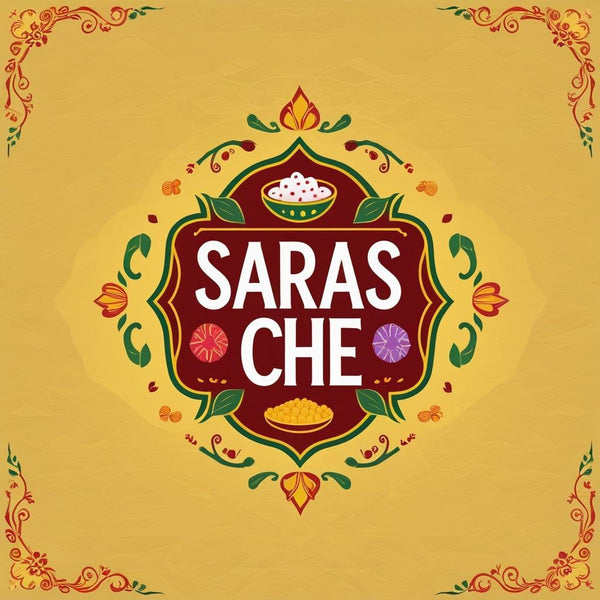
The Hidden Costs of Palm Oil and Why Saras Che Doesn’t Use It
Share
Palm oil is the world’s most widely used edible oil because it is cheap and can withstand high frying
temperatures. Yet its real costs are borne by the planet and our bodies. Palm oil contains more
saturated fat than most other vegetable oils. A meta‑analysis found that higher palm‑oil intake is
1 associated with increased LDL “bad” cholesterol and a higher risk of ischemic heart disease .Moreover, plantations are established by clearing tropical forests; up to 300 football fields of forest are destroyed every hour to plant oil palms
2 Deforestation releases carbon, destroys habitats for species like orangutans and Sumatran tigers, and encourages slash‑and‑burn practices that create toxic haze
3 leading to respiratory, eye and skin problems .Saras Che makes a principled choice to avoid palm oil entirely. By using Rice bran oil and high quality ingredients, the snacks are rich in flavor without the saturated‑fat load of palm oil. This decision reduces pressure on fragile rainforests and aligns with a systems‑thinking view of food: every ingredient has upstream impacts on biodiversity, climate and human health. As consumers, choosing palm‑free products sends market signals that reward sustainable practices and supports companies committed to ethical supply chains.
